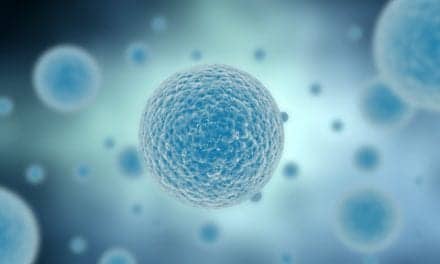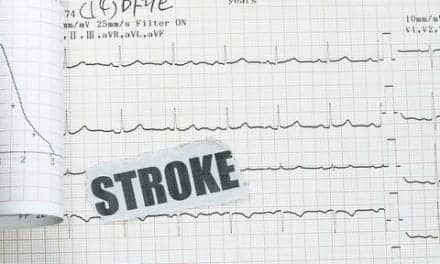Summary:
A new clinical trial shows that adjusting specific fatty acid intake through diet significantly reduces the frequency and intensity of persistent post-traumatic headaches (pPTH) in individuals with traumatic brain injury (TBI).
Key Takeaways:
- Dietary changes led to measurable improvements—participants on the intervention diet experienced around two fewer headache days per month and a 30% drop in pain intensity.
- The trial validates diet as a therapeutic tool—adjusting diet helped regulate neuroinflammation, offering a non-pharmaceutical approach to managing chronic headaches.
- Military relevance is high—with no FDA-approved treatments for pPTH, this safe, accessible strategy is especially promising for military personnel disproportionately affected by TBI.
A new clinical trial demonstrates that dietary changes significantly reduce persistent post-traumatic headaches (pPTH), a common and debilitating consequence of traumatic brain injury (TBI). Researchers from the University of North Carolina School of Medicine, the Uniformed Services University, and the National Institutes of Health (NIH) found that increasing omega-3 fatty acids (commonly found in fatty fish like salmon and tuna) while reducing omega-6 fatty acids (abundant in seed oils such as corn, sunflower, and cottonseed oils) led to fewer and less severe headaches.
Published in the Journal of Neurotrauma, the randomized trial involved 122 military healthcare beneficiaries suffering from chronic headaches following TBI. In addition to their current headache treatments, patients were asked to adhere to one of two diets for 12 weeks: a control diet with average U.S. amounts of omega-3 and omega-6 fatty acids, or an intervention diet that increased omega-3 and decreased omega-6 fatty acids. Participants were provided with most of their daily food intake for the duration of the trial. The trial was conducted at three sites: Walter Reed National Military Medical Center in Maryland, Alexander T. Augusta Military Medical Center in Virginia, and Womack Army Medical Center in North Carolina.
Participants assigned to the intervention diet experienced approximately two fewer headache days per month and a 30% reduction in daily headache pain intensity compared to the control diet group. Blood analyses confirmed that the diet increased levels of anti-inflammatory and pain-reducing omega-3 derivatives.
“This study is particularly exciting because it suggests that dietary interventions can stabilize neuroinflammatory processes triggered by brain injury,” said Daisy Zamora, PhD, lead author and associate professor in the UNC Department of Physical Medicine & Rehabilitation. “By changing the amounts of omega-3 and omega-6 fatty acids from those typical in modern industrialized diets to levels consistent with pre-industrial diets, this research can help us understand how the body naturally regulates pain. This knowledge is essential to the development of new and improved approaches for managing pain and inflammation in many disease conditions.”
Persistent post-traumatic headaches affect more than 40% of individuals after TBI, including many military service members. Despite its prevalence, there are currently no FDA-approved treatments for pPTH. These findings suggest that targeted dietary strategies may offer a safe and accessible way to manage pain, and might even improve the results of traditional pain treatments when used together.
“This research provides a compelling case for considering dietary adjustments as an adjunctive treatment option,” said lead investigator, Kimbra Kenney, MD, professor, Department of Neurology, Uniformed Services University of the Health Sciences. “This is especially important for populations like military personnel, who are disproportionately affected by TBI-related chronic headaches.”
This work was supported by the U.S. Army Medical Research and Materiel Command through the Congressionally Directed Medical Research Programs for the Department of Defense through the Henry Jackson Foundation for the Advancement of Military Medicine (Award number W81XwH-15-2-0059) and included contributions from the National Institutes of Health Intramural Research Program (project number ZIAAG000453). Clinical Trial Number NCT03272399.





